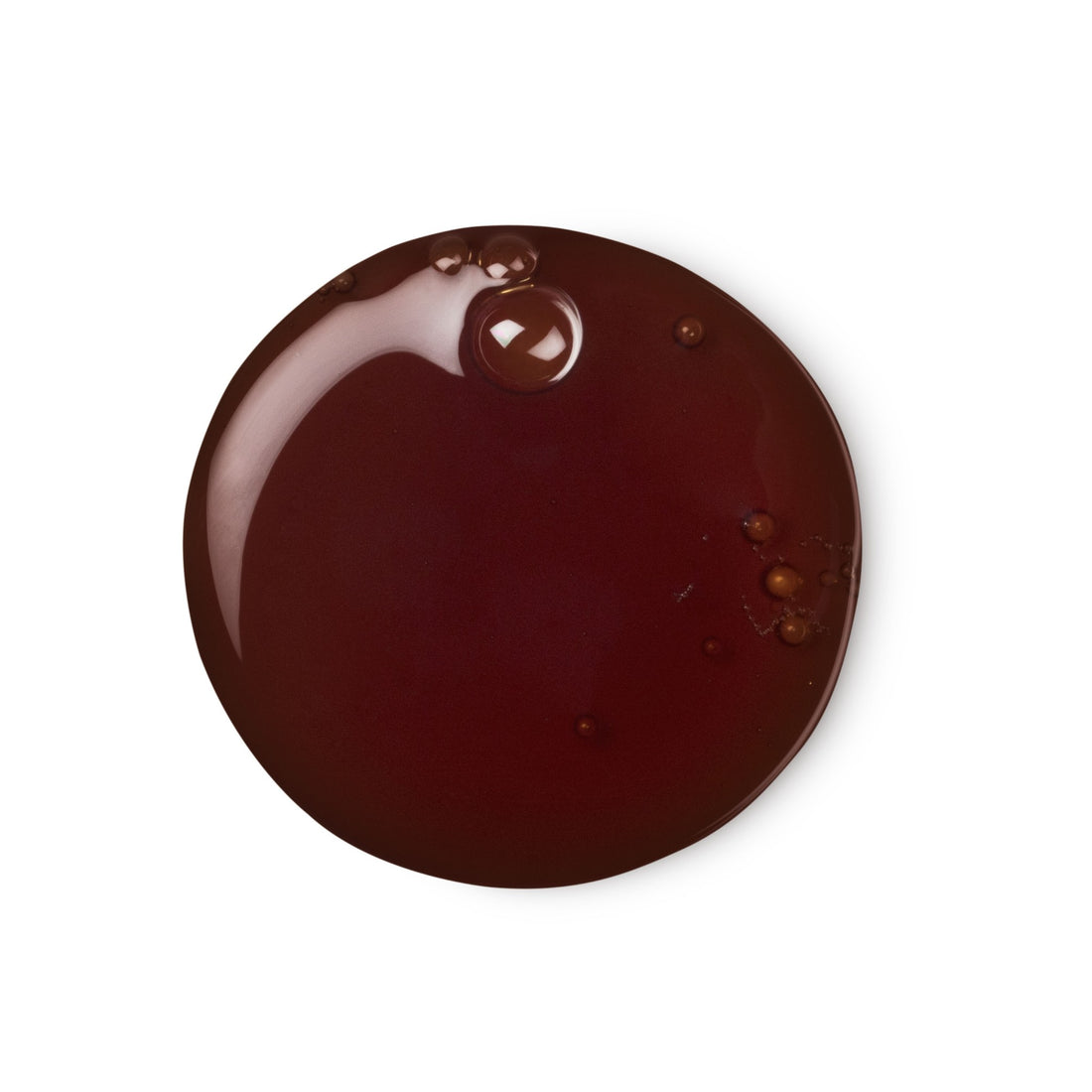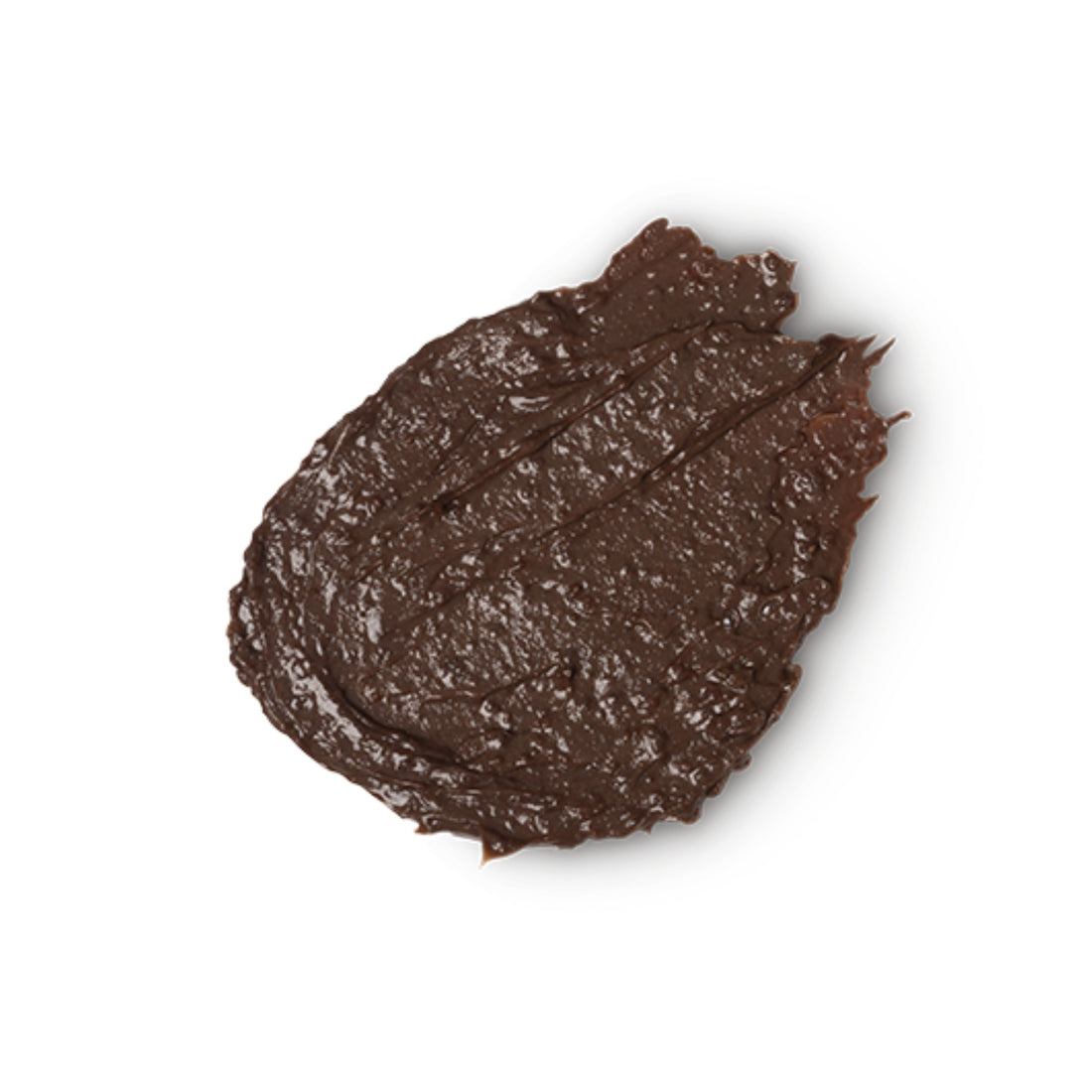Simon Constantine reports on a visit to Sumatra to visit a permaculture centre being run by Lush in conjunction with the NGO Orangutan Information Centre. The GAYO centre is showing local farmers how they can enrich their own soils which should help dissuade them from encroaching further and further into protected forest and from using unsustainable and destructive techniques such as slash-and-burn.
It's rainy season on the edge of the Gayo Lues forest reserve. The steep track - deep orange and scarred with rivulets - holds little traction for the tyres of our 4x4 as it scrabbles to make it up the hillside. It's only a short distance from the village but tough going with the rear end of the vehicle lurching from side to side. My colleague buries her face in her headscarf, she knows there's a deep drop to our right as we struggle on up the track. Fortunately after a few bumps and plenty of engine revving we arrive - however messily - at Gayo Permaculture Centre.
Perched atop one of the many precipitous hillsides in the Indonesian Island of North Sumatra where it borders the Gunung Leuser National Park, (one of the largest remaining primary forests in Indonesia) the centre is permaculture with a difference. Established just two years ago in conjunction with Lush and the Orangutan Information Centre (OIC) - a Sumatran-based environmental NGO) - Gayo has fragrance at its very heart.
This area is the centre of several major aromatic ingredients; citronella grass is common here where large tufts of the plant rest as an understory to the native pines that cover the landscape. Not far away vanilla, lemongrass and patchouli, that infamous hippy favourite, all grow in abundance.
Unfortunately, as with so many forms of agriculture, over the years good growing and harvesting practice has been replaced with bad. Once a simple pest-free crop now farmers have adopted ways of growing, including slash-and-burn and the use of chemical fertilisers which have left the plants more susceptible to pest infestations.
Steep slopes are typically clear cut, native forest removed and Patchouli or Chillis planted downslope after a good covering of plastic mulch and chemicals. This rainy season it's a great example of just how short term a strategy this is: On our journey up from Medan we passed multiple landslides, the soil is a precious resource that is slipping away rapidly. The farmers find that after a year the fertility of the soil has depreciated so dramatically they must find a new area to encroach on and so the following season it's back into further the forest again.
Sabar, the farm manager to who designed and now runs the GPC, explains: “This cycle of clear cut - farm - then leave, can be broken and this is our hope of GPC; we want to educate local farmers about permaculture and a more sustainable way of harvesting these crops.
Sabar was literally 'adopted' into the world of Permaculture at the age of 12 when he and his brother were orphaned in the 2004 tsunami. Following the loss of his family, he was taken in by IDEP, a centre for Permaculture and Sustainable Living in Ubud, Bali, which became his home and the place where he learned all about permaculture. But, Sabar longed to be back in the Aceh region, his old home, and so jumped at the chance to take on the GPC/Lush land.
Sabar's first challenge is to show by example that permaculture can maintain soil fertility on the 10 hectare site. This is important because it will encourage local farmers a reason to stay on their own land rather than reaching up into protected areas.
In 2015 GPC started the process of repairing the soil, composting and removing unstable pine trees. Here already crops are doing better with local communities marvelling at land they had thought only fit for grazing, but which is suddenly producing bumper crops of tomatoes, eggplants, chillis and squash.
Now GPC is tackling bigger challenges by providing a larger-scale agroforestry of main crops growing several acres each of vanilla (which is grown up local nitrogen-fixing trees) lemongrass, patchouli and citronella. Each is given generous portions of compost and mulch as mixed fruiting trees are added. Small dams have been sympathetically constructed enhancing natural springs on site to allow a predominantly gravity-fed water landscape. When they need additional water, a nearby river provides what is needed via a pumping mechanism. This is key as the next step for the site is to add a distillation vessel to distill essential oils, closing the cycle between cultivation, harvest and processing to add maximum value.
In addition OIC has started the groundwork to form farmer groups who will work together to learn more about permaculture. It would not be right to judge them for having moved so far away from their more sustainable traditional practices or for a tendency to reach further and further into the protected parts of the forest in search of better quality soil in which to grow their crops. Many of these changes were triggered during civil war and whilst the farmers tell us they want to return to more sustainable growing methods, it is clear they will need more than a little convincing about the benefits of permaculture which is where GPC will prove a valuable resource - a working example of the techniques they will need to adopt.
In addition, the new distillation vessel about to be installed close to the farmers themselves is not just any old distiller. It will run on renewable energy generated by a micro-hydroelectric dam in the local river. This will further alleviate the additional burden on the forest which is that of the need to source wood to power the existing stills dotted around the hillsides.
GPC is a young and blossoming site with an important contribution to make to the sustainable growing of citronella, vanilla, patchouli and other cosmetic and perfumery ingredients in this region. A place where land and people come together... and smell great in the process.













